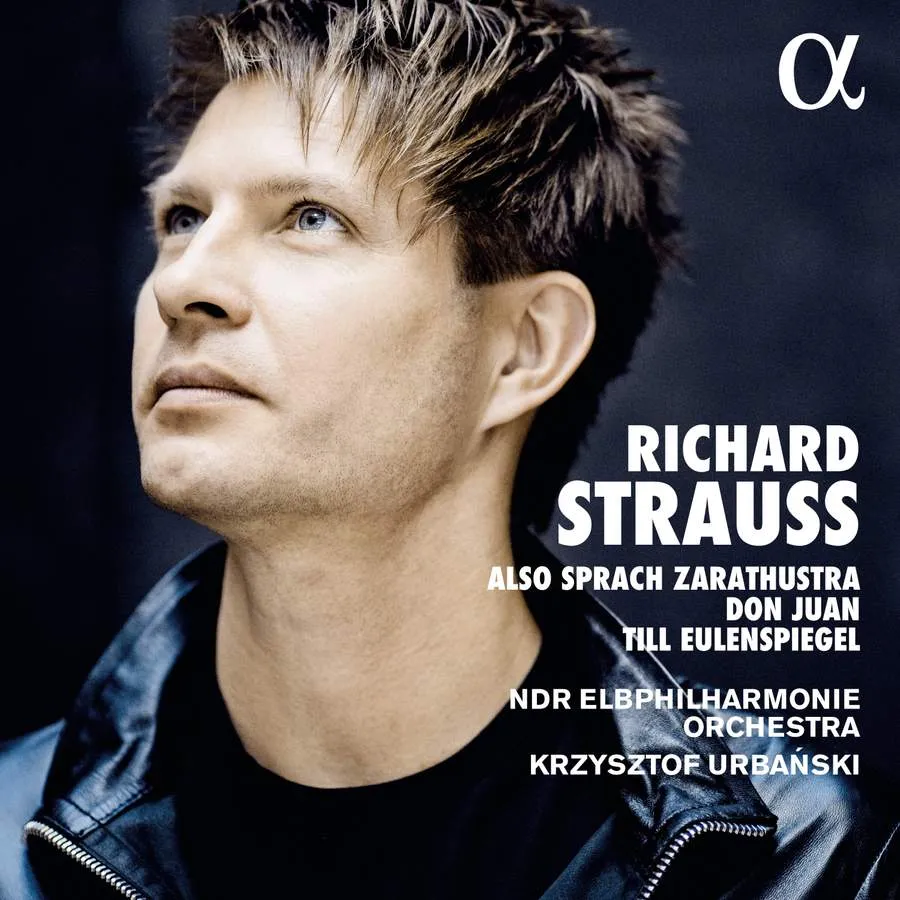
R Strauss Don Juan, Op. 20; Till Eulenspiegels lustige Streiche, Op. 28; Also sprach Zarathustra, Op. 30 NDR Elbphilharmonie Orchestra/Krzysztof Urbański Alpha Classics ALPHA413 65:09 mins
Since Decca released Solti’s Chicago interpretations of the three most famous symphonic poems as The Richard Strauss Album, orchestras and conductors have often presented the group as a recorded calling-card, a token of instrumental virtuosity and sonic prowess. This latest is respectable and at times individual, though there’s no pretending that the North German Radio strings have the sheen of the Vienna or Berlin Philharmonics. Krzysztof Urbański, in tandem with fine engineering, favours essential textural clarity, right from the pulsing wind behind the leaping first endeavour of Don Juan; and while the lover’s adventures sometimes lose direction – the oboe solo in the second love-scene is too bland to keep focus – the dovetailing and quick-changes of Till Eulenspiegel are impressive, kicked off with a superb horn solo – the department as a whole is very fine – soon joined by a personable D clarinet. There’s also a deft fleck from the ‘big grimace’ which caps discordant mocking of the town pedants to the winsome ‘off and away’ street tune.
Zarathustra comes and goes in terms of excellence: an impressively broad start, a slightly under-lustrous string hymn, a vivid second fugue and a slightly less energetic rise to convalescence. Most original, to my ears, is the easing of tension after the ‘dance-song’ and before the Dionysiac drive to the sounding of the midnight bell; warm horns cushion a passage that sound startlingly fresh. Good enough to sing the merits of these ‘operas for orchestra’, the performances lack just the last degree of consistent theatricality to join the big-league recordings.
David Nice


